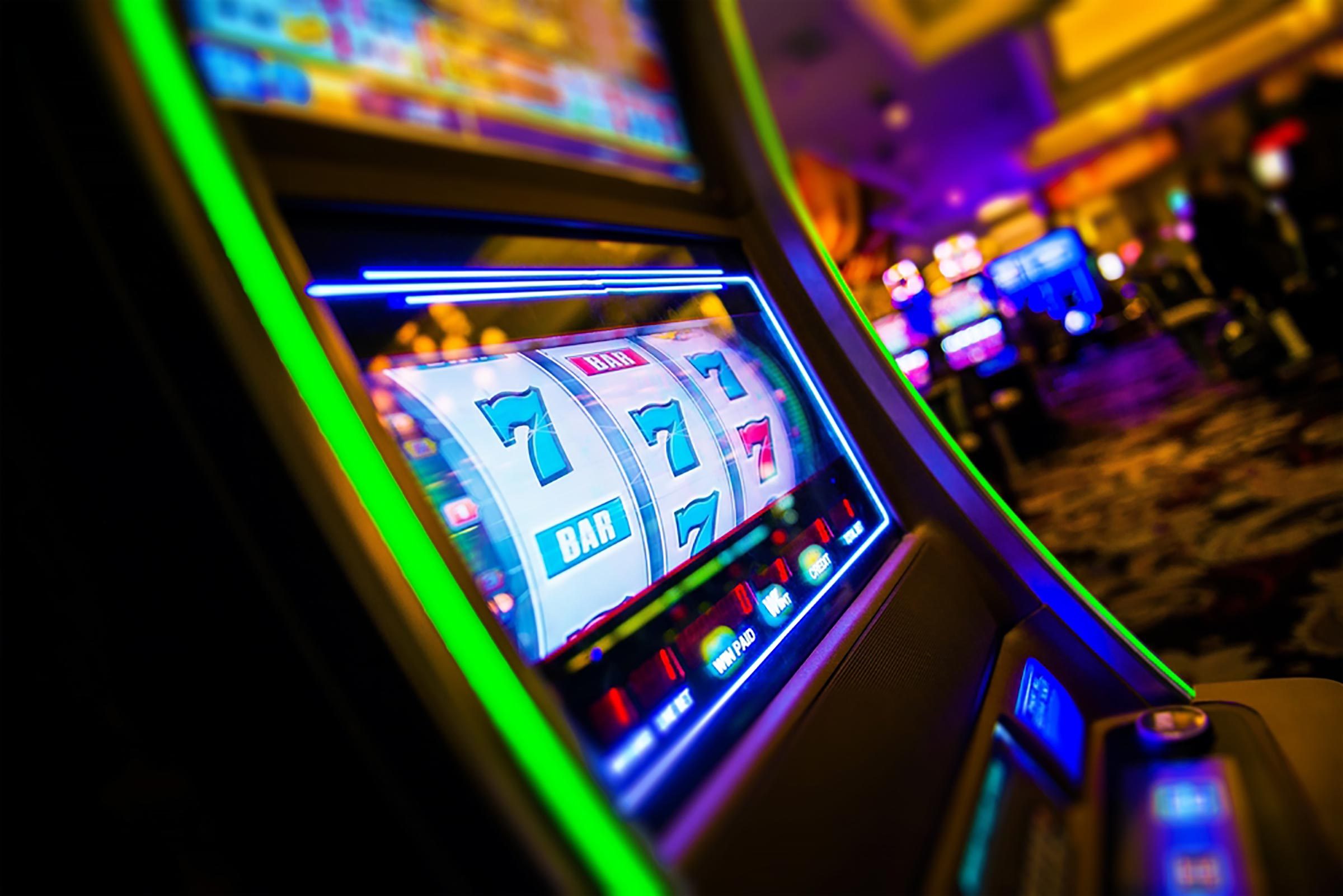A Link Among Gambling Activities with Math

Gambling games have fascinated players for centuries, pulling them into a world of thrill, luck, and wealth. From the sparkling lights of slot machines to the strategic intensity of poker games, these games offer a distinct mixture of fun and risk. However, below the surface of this glamour and style lies a sophisticated connection of math that shapes every outcome and choice made within the gambling establishment.
Understanding this link between casino games and mathematics not just boosts the gambling experience but also can help participants make informed decisions. Whether you are a recreational player or a avid follower, recognizing the mathematical principles at play can give important understandings into probability, probabilities, and tactics, finally influencing how one approaches these games of chance.
Statistical Probability in Betting
In the sphere of gambling games, statistical likelihood plays a vital role in determining results and guiding gambler decisions. Every game has a specific set of regulations and a particular probability model that shapes its dynamics. For instance, in activities like the roulette wheel, players must grasp the probabilities of choosing a specific digit or shade. The likelihood of specific events happening can be computed, and this knowledge can greatly influence wagering strategies.
Gambers also need to be aware of the casino edge, which is the mathematical advantage that gambling establishments hold over players in the long run. This advantage differs across different activities. In 21, expert players can use tactics to minimize the house edge to as little as one %, while in games like slot machines, the casino advantage can be much higher. Understanding the casino advantage allows gamblers to make educated decisions about which games to play and the amount to wager.
Additionally, probability is crucial in the principle of danger versus reward in betting. Every wager carries a certain danger factor, and gamblers must evaluate the possible payout against that danger. Activities like the poker game require players to not only compute the odds of their personal showing winning but also to evaluate the probabilities of their opponents' showings. By utilizing mathematical principles to their strategy, gamblers can improve their chances of success and participate more strategically in the thrilling realm of casino activities.
Anticipated Worth in Gambling Games
When talking about gambling games, one of the basic concepts rooted in mathematics is the expected value. This statistical measure helps gamblers understand the possible outcomes of their wagers over time. In simple terms, expected value (EV) calculates the average amount a player can expect to win or lose per bet if they were to play the activity many times. Each activity has its unique EV, influenced by the probabilities and the casino advantage, which signifies the advantage that the casino holds.
For instance, think of a activity like the roulette game. The anticipated worth can be derived based on the particular bet placed. If a gambler bets on a single number, the payout is 35 to 1, but the actual chances of winning that wager are 1 in 37 (in Euro roulette). This results in a negative anticipated value, showing that, on the whole, players will lose money over time when playing this kind of wager. Grasping this idea allows gamblers to make more educated choices about which games and bets may be less advantageous.
Moreover, the exploration of anticipated worth can lead to better bankroll management. Gamblers who comprehend the mathematics behind their games are often able to set practical expectations. By acknowledging their potential losses and gains, they can adjust their playing strategies accordingly, which may improve their total gambling experience overall. trang chủ 9win As a consequence, expected worth serves as a crucial tool for both novice and seasoned gamblers to navigate the often unpredictable nature of casino games.
Strategies and Chances: The Mathematics Behind Winning
In casino games, grasping the probabilities is crucial for participants looking to enhance their likelihood of winning. Each contest has its own unique set of chances that dictate successful performances, and these statistics are often presented in the gaming regulations or payout schedules. For instance, in games like blackjack, participants can enhance their chances through strategies such as counting cards, which depends on arithmetic concepts to gain an advantage over the house. By acquainting themselves with the probabilities, gamblers can make more knowledgeable decisions on when to wager and when to quit.
Moreover, the concept of expected value holds a major role in gaming tactics. Expected value assesses the average outcome of a wager over time, allowing participants to evaluate whether a specific stake is worth taking. For instance, video slots have a set return percentage, which can show the expected profit a gambler can look for on their bets. By choosing games with better average outcomes, participants can lessen the house advantage, enhancing their potential returns in the future.
Finally, successful gamblers often adopt a combination of chance and calculative tactics to improve their gaming experience. While luck is uncontrollable, managing a staking plan based on calculative ideas can lead to more positive results. By making use of techniques such as budgeting and game selection, participants can leverage mathematics to maneuver through the volatile nature of gambling activities, making the most of their investments and money at the gaming tables.
